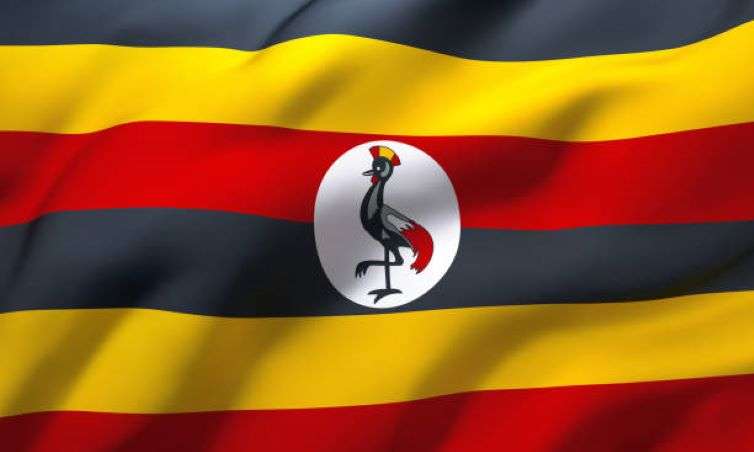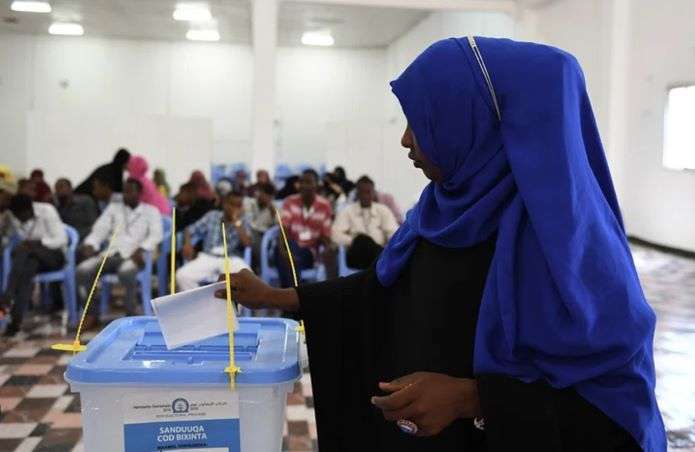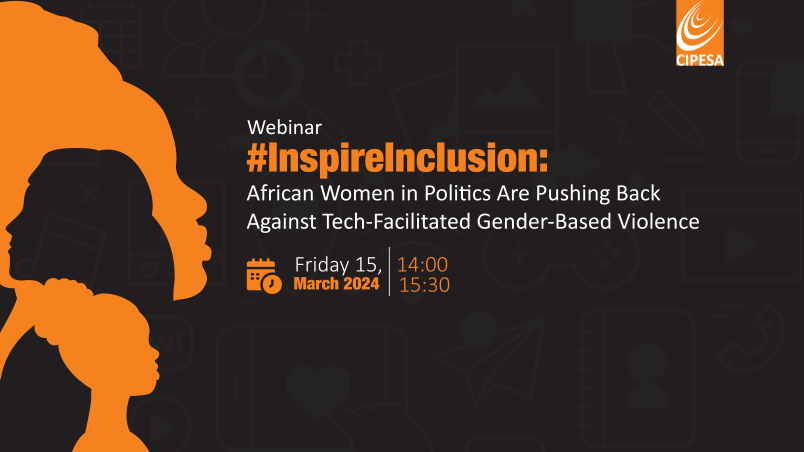By Peter G. Mwesige |
The viral #UgandaParliamentExhibition hashtag campaign on X on the excesses of the Ugandan parliament has once again put digital media at the centre of debate on citizen agency in the demand for transparency and accountability from duty bearers.
Fifteen years or so ago, the jury was still out on whether digital platforms including social media were a boon to citizen participation or the bane of meaningful political action. Even more recently, “hashtag activism” or what some called “slacktivism” was still being dismissed as “performative activism” that inhibited offline participation or created the illusion of participation.
The debate remains unsettled, but there is no denying that social media platforms have “democratised access to information” and offered alternative avenues for citizens to amplify their voice in the demand for accountability from those that hold power.
The Ugandan online exhibitions were started last year by Dr. Jimmy Spire Ssentongo, an academic, cartoonist, and social commentator. He has described them as “an open invitation to the public, to whoever has an issue about a particular institution or sector to come out … a public initiative to demand for accountability; to showcase things (people) are not happy about; to showcase their pain.”
From the #UgandaPotholeExhibition, the #UgandaHealthExhibition, the #UgandaNGOExhibition (where the activists appeared to devour their own), the #UgandaLabourExhibition, the #UgandaSecurityExhibition and so on, activists have been joined by Ugandans from all walks of life to shine the torchlight on pressing public concerns.
The #UgandaParliamentExhibition is slightly different. It has been organised under the AGORA Centre for Research, the brainchild of journalist and lawyer Agather Atuhaire, who recently won the U.S. State Department International Women of Courage Award (and last year won the European Union’s Human Rights Defenders’ Award in Uganda), fellow lawyer Godwin Toko, and others. Sharing evidence from official records, highlighting standout posts on digital flyers, throwing in the occasional handwritten satirical stingers from Ssentongo, and complementing tweeting with X Spaces, AGORA has flooded the zone with evidence of abuse of public funds at parliament. The vociferous Anthony Natif of Public Square and exiled activist and author Kakwenza Rukirabasaija have also lit up the exhibition.
In a space of about two weeks the #UgandaParliamentExhibition laid bare the scope of the abuse of public funds in the August House as well as blatant nepotism and favouritism in recruitment of staff. The exhibition laid this at the door of the Speaker of Parliament Anita Among and the Parliamentary Commission that she heads, whose members include the Prime Minister, the Minister of Finance, the Leader of the Opposition (LoP) and a few Members of Parliament (MPs) representing both the ruling party and the opposition.
At the heart of the expose is the billions of shillings that have been spent in travel allowances, and the so-called corporate social responsibility by the Speaker, as well as the “service awards” that were passed as “personal to holder” for the former LoP Mathias Mpuuga and Commissioners Solomon Silwany, Prossy Akampurira Mbabazi, and Esther Afoyochan, all representing the ruling National Resistance Movement. Mpuuga bagged Uganda Shillings (UGX) 500 million, equivalent to 130,000 US Dollars (USD) while three Commissioners received UGX 400 million each.
The service award for the former LoP has already caused a storm in his party, the National Unity Platform, which has asked him to resign from the Commission. Other interest groups, such as the Uganda Law Society, have also weighed in, saying by participating in a meeting that passed awards which would benefit them personally, Mpuuga and the other commissioners violated the Leadership Code.
The Speaker has refused to entertain any debate on what has been exposed by the #UgandaParliamentExhibition despite calls by a number of MPs that the institution should be held accountable in the same way it holds other government agencies to account. She remained adamant last week when new LoP Joel Ssenyonyi condemned the “deafening silence” by parliament on the issues raised on social media and the ruling party “rebel MP” Theodore Ssekikubo demanded a response to the “grave allegations” of impropriety and profligacy. “Me to answer you on hearsay, on things you have cooked on social media because I have said no to bum-shafting, I will not,” Among responded.
“Bum-shafting” was a derogatory reference to homosexuality, which is outlawed in Uganda. Under Among’s stewardship, parliament last year passed the Anti-Homosexuality Act, 2023, attracting backlash from the international community that has seen Uganda lose development funding.
Interestingly, Speaker Among had previously commended the online exhibitions. During the #UgandaHealthExhibition last year, she “urge(d) both public servants and political leaders to take feedback from the public in good faith and use it to improve further.”
President Yoweri Museveni had earlier responded to the #KampalaPotholeExhibition by directing the Ministry of Finance to release UGX 6 billion for emergency road repairs in the city. He has this time joined the Speaker to condemn the online activists. “How can you talk so much about Anita Among? (What) about those working for foreigners? We are going to expose those traitors,” Museveni said on March 23, 2024, after commissioning the Speaker’s Bukedea Teaching Hospital and College of Health Sciences in her home district.
Clearly, online activism has moved the dial on social accountability. The government and others who have been the subject of the exhibitions may not always be responsive, but they can’t claim they haven’t heard the voice of the people.
One can argue that the traction of online social justice campaigns makes the riskier street protests unnecessary. Indeed, in a country where public demonstrations on hot button issues have been criminalised in complete disregard of the constitutional right of citizens to protest and petition the government, the alternative offered by digital platforms should be embraced.
But the digital warriors leading these campaigns still face the same risks that the street activists before them confronted – such as surveillance, online smear attacks, threats of arrests and other forms of intimidation. Accordingly, online activism should not be seen as a replacement of traditional forms of protest. As Dr. Ssentongo argued when he appeared on Robert Kabushenga’s #360Mentor X Space in April last year, it should not be an either-or-question. “Those who can organise online should and those who can organise (through) other means should (also do so),” he said.
The other issue that has been raised quite a lot especially during the #UgandaParliamentExhibition is the failure of the traditional news media (newspapers, radio, and television) to uncover the corruption in parliament.
The credibility of the journalists who cover parliament has taken a major knock, but this does not mean social media should replace mainstream media as our only sources of news as some have suggested.
In defence of the journalists who are still passionate about public affairs reporting, the gatekeeping bar for what gets to be published in the major media houses is much higher. On social media, anything goes, although to AGORA’s credit, most of the information they have released about parliament has been verified.
But it would be unrealistic to expect citizen-driven online campaigns to bring the same “discipline of verification” parliament’s Director of Communication and Public Affairs Chris Obore, a former journalist, seems to demand. Social media will always be messy. Just like democracy, some would say.
We need a multiplicity of platforms (both digital/social media as well as credible mainstream media) to provide information about what is happening in parliament and other public sectors, provide the public with platforms for debate, and hold duty bearers accountable.
And we need sustained pressure both online and offline to continue driving the demand for accountability and meaningful change. In a democracy, what has been exposed through Uganda’s online exhibitions would have been enough to drive action and change. But in a country where leaders are openly contemptuous of public opinion, and where the public cannot count on free and fair elections to kick out those who abuse their trust, online activists and other social justice actors still have their work cut out.
About the author: Dr. Peter G. Mwesige is Chief of Party of the USAID Your Rights Activity led by CIPESA.





